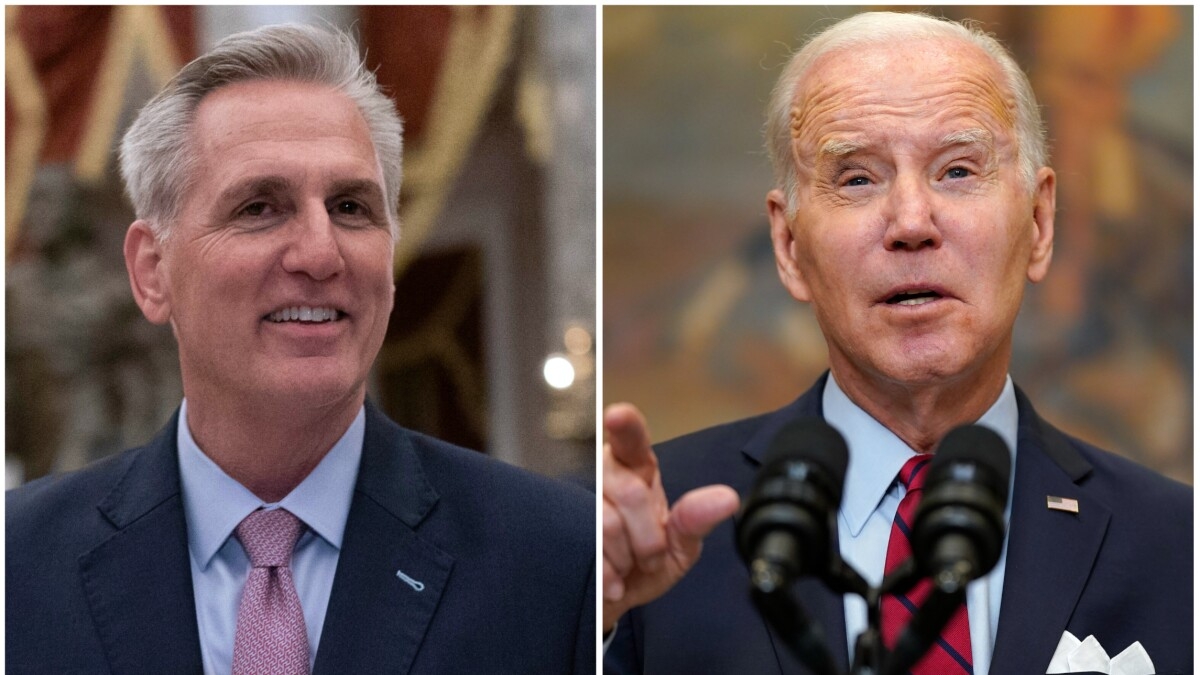As negotiations over spending between Congress and the White House commence, clear lines of contention are emerging, with the Biden administration unequivocally stating that the recently passed Inflation Reduction Act (IRA) is non-negotiable. The IRA, which channels unprecedented funds towards climate change mitigation, was allegedly under attack by House Republicans in their proposed bill to cut spending along with a rise in the debt ceiling.
This firm position taken by the White House is a strategic move meant to immediately exclude contentious points from the discussion, thereby narrowing the focus of the negotiations and paving the way for dialogue on potential areas for fiscal cuts. These preliminary talks, as per insiders, aim to set a clear blueprint for the spending negotiations ahead of President Biden’s planned meeting with congressional leaders at the White House on Friday.
The negotiations began with a meeting between Biden and congressional leaders on Tuesday, where it was emphatically communicated that the IRA was off the table for discussion. The initial stage proceeded on Wednesday with a two-hour meeting of staff-level representatives at the White House, where both sides began to outline their primary positions and set the boundaries for the forthcoming rounds of negotiation.
The White House has also specified other untouchable areas, including the rollback of student debt forgiveness, a central campaign pledge currently entangled in legal challenges, and cuts to Medicaid and SNAP benefits. During Wednesday’s meeting, White House representatives underscored these elements as critical areas where they will not accept cuts.
While Biden has steadfastly refused to negotiate over raising the debt ceiling, he has shown a readiness to negotiate on spending levels. His team is now focused on securing an agreement with Republicans on spending before a potential U.S. default, which could happen as early as June 1.

Insiders suggest that the White House might entertain a limit on future spending, although for a significantly shorter period than the decade-long spending cuts agreed during the 2011 debt ceiling deadlock. Early discussions also indicate that any debt ceiling increase would need to extend beyond a year to avoid a similar predicament next year.
As these negotiations progress, there’s growing acknowledgment within the White House that some form of spending cuts might be inevitable. This comes even as Biden maintains that discussions over spending are distinct from those concerning the debt ceiling. There are also early discussions around reforming the permit process, which could be part of the final agreement.
Potential spending cuts under consideration by the White House include enhancing Medicare’s negotiating power for drug pricing and recouping unspent funds from Covid relief. However, these proposals are a far cry from the extensive cuts demanded by House Republicans, leaving open the question of where the White House might yield to deeper cuts.
The ability of House Speaker Kevin McCarthy to reach a compromise acceptable to his caucus, where staunch conservatives hold sway over his slim four-seat majority, is also in question. Whether he would consent to a deal requiring Democratic votes to pass remains to be seen. McCarthy has expressed his desire for a deal to be reached by next week to allow sufficient time for the legislative process ahead of the potential June 1 default deadline.
